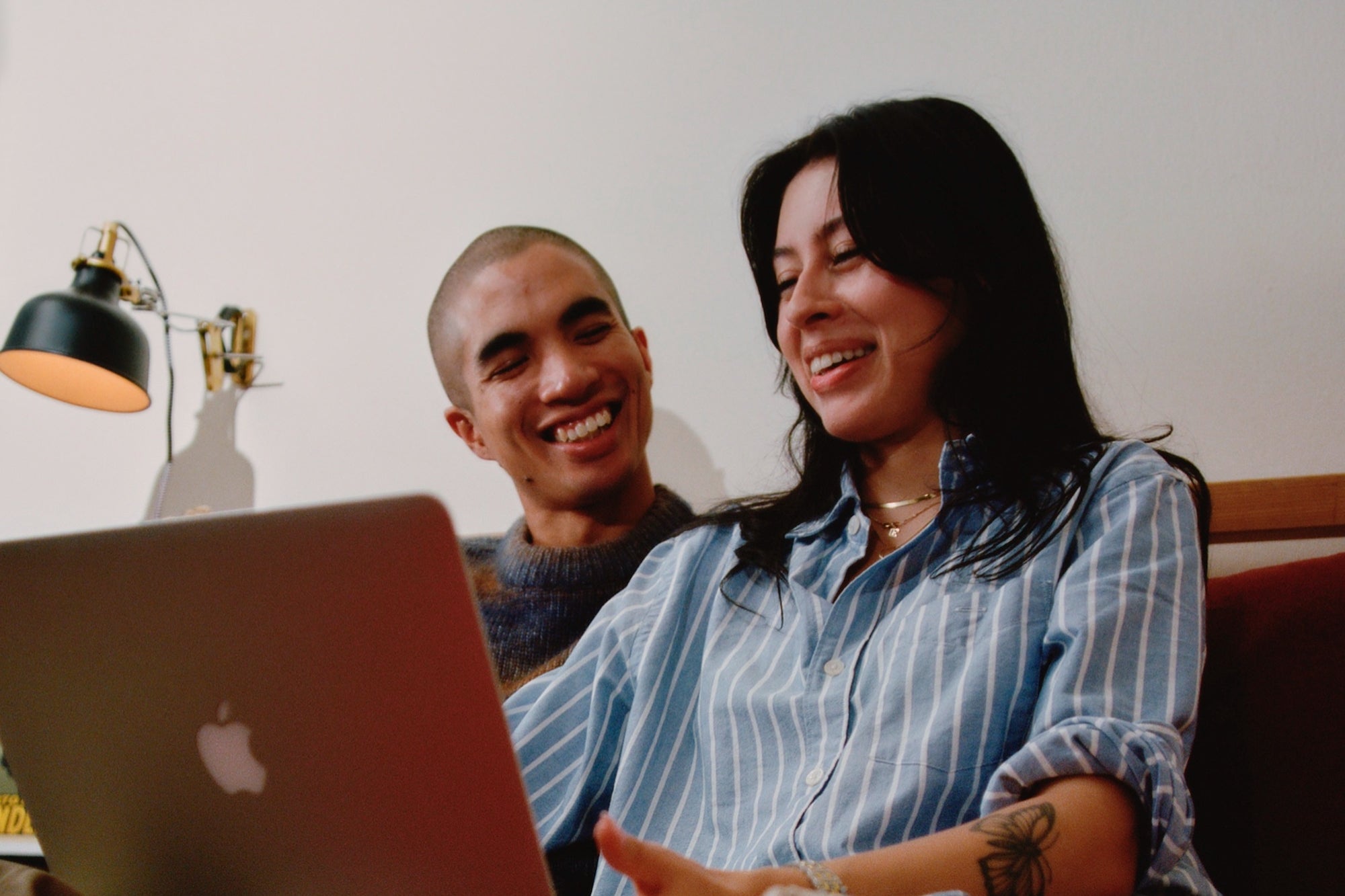
Opinions expressed by Entrepreneur contributors are their own.
After Jessica Holton, co-founder and CEO of Ours, had been dating her partner (now husband) for five years, she brought up the topic of going to couples therapy. There was nothing particularly wrong with the relationship—it was actually the opposite. She realized they were in it for the long haul and sought counseling to deepen their bond and avoid the mistakes she’d seen in other relationships.
“I said, let’s invest in our relationship. He was totally down,” Holton told me in a recent One Day with Jon Bier podcast episode.
However, the process of finding the right therapist proved to be a daunting task: figuring out schedules, finding the right therapist, and realizing how stigmatized couples therapy still was among family and friends.
“It was so shocking to me because I had been on this journey of embracing individual therapy and coaching and yoga and learning all of the things that make us healthy, but when it comes to our relationship, the number one predictor of how we age physically, emotionally, and mentally, it was so stigmatized,” she says.
Bridging the gap with technology
Holton’s counselor conundrum led her to create Ours, a relationship wellness company that connects couples with specialty therapists who have been hand-vetted and carefully selected by the Ours team. The idea is to make the process of finding the best-fit relationship expert more accessible and efficient, breaking down the barriers that stop many couples from seeking support.
“Our care team matches couples based on their intake surveys, what they’re looking for directly with the best-fit therapist for them,” Holton explains.
Ours also gives couples extracurricular exercises, such as Rose Bud Thorn rituals, that help couples maintain and strengthen their relationship health between scheduled sessions.
Proactive relationship health
Holton says one of Ours’ key goals is to shift the narrative about couples therapy. Rather than being something you seek when your relationship is in trouble, Ours aims to normalize the idea of “proactive relationship health.”
“Because, at the end of the day, I think relationships are meant to be enjoyed,” Holton says. “Putting the work into our relationships shouldn’t be stigmatized, and it should be fun.”
Related: Why We Need a New Online Dating Experience
How healthy relationships affect our health
The benefits of investing in a healthy relationship extend far beyond the couple themselves. Holton points out that when individuals feel more connected to their partners, it creates a foundation that supports every other aspect of their lives.
“When I’m solid with my partner, then I know I can take risks or explore my career more deeply,” she says.
Tough conversations about money and children can be a little bit easier when a sense of groundedness permeates all areas of life.
A healthy romantic relationship can also extend to other meaningful relationships, such as those with family members, friends, and colleagues.
In couples therapy, “we’re both learning about the other person and ourselves,” Holton explains. “So that’s going to translate into how I show up with my mother, my best friend from college, my sister, my co-founder.”
Related: 7 Ways Dating Apps Are Lying To You
How long does it take?
One question many people ask when going to couples therapy for the first time is how long it will last. As a business model, this is also a consideration.
Holton says Ours is built to be goal-focused, whether that’s improving communication skills, moving in together, or getting married.
“So a couple will often work with a therapist in a pretty intense way, whether proactive or reactive,” she says. “It was a choice to makeOurs’ offerings extremely flexible, so couples can do once a month, twice a month, three times a month, four times a month, or even weekly depending on where they’re at and what they need.”
Once the couple gets through the major issues, they can graduate to maintenance mode, seeing their therapist less frequently.
“But you’re still solidifying the learnings, still exploring and investing in your relationship, but with a much lighter touch,” Holton says.
A ‘sacred responsibility’
For Holton, helping people build better relationships is more than a job—it’s a “sacred responsibility.” She hopes to make a difference by providing a platform that facilitates relationship growth.
“I can’t imagine a more direct way to make the world a better place than by helping people be kinder to their partners, understand their partner, understand themselves, and have overall stronger, healthier relationships.”
https://www.entrepreneur.com/starting-a-business/how-to-better-balance-your-business-and-your-relationship/474475

